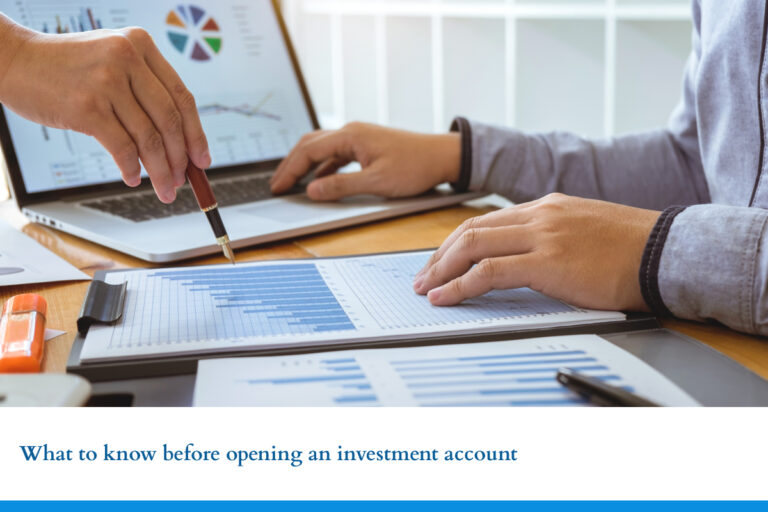Retirement planning is a complex but critical part of a physician’s financial journey. With years spent in education and training, most doctors enter the workforce later than professionals in other fields. This delay means fewer years to build retirement savings despite high earning potential. Knowing when physicians should start planning for retirement can make the difference between a secure, fulfilling retirement and one filled with financial uncertainty. Partnering with a trusted advisory firm like MMT CPA early in your career can provide the strategic guidance needed to make the most of your income and prepare for long-term financial health.
Why Retirement Planning Is Different for Physicians
Physicians face a unique set of financial circumstances. Many begin practicing medicine in their early to mid-thirties, after completing medical school, residency, and potentially a fellowship. While their income often increases rapidly once in full practice, this late start compresses the time available to accumulate retirement savings.
Compounding the issue is the significant student loan debt many physicians carry into their early years of practice. Additionally, many work as incorporated professionals or run private practices, which adds layers of complexity, such as corporate tax strategy, succession planning, and investment diversification, that are not as common in other professions. These factors necessitate a proactive and customized approach to retirement planning.
Early Career: Laying the Groundwork
Even during residency or the early years of practice, physicians should begin thinking about retirement. While income may be limited, this is the ideal time to develop financial habits that will serve them well throughout their careers. Starting with manageable savings contributions, such as to an RRSP or TFSA, can set the stage for long-term growth through the power of compounding.
Equally important is establishing a strong credit history and developing a disciplined budgeting mindset. Managing debt and avoiding lifestyle inflation during these formative years lays a strong foundation for more aggressive savings later on. It’s not about how much you save early on—it’s about building the habits that make long-term planning sustainable.
Mid-Career: Building Momentum
The mid-career phase, typically 10 to 20 years into practice, is the most pivotal in terms of retirement preparation. Physicians usually enjoy significantly higher income levels at this stage and have reduced or eliminated their student debt. This presents a golden opportunity to ramp up retirement savings and optimize tax strategies.
Many physicians choose to incorporate during this period, allowing them to retain earnings within a corporation and benefit from tax deferral. This is also the time to fully leverage RRSP contribution room, explore advanced tools like Individual Pension Plans (IPPs), and build a well-diversified investment portfolio aligned with their retirement timeline and risk tolerance.
Planning with the guidance of a firm that specializes in medical professionals, such as MMT CPA’s physician accounting services—can ensure that physicians are not just saving, but saving wisely. From incorporation and tax deferral strategies to retirement and estate planning, MMT CPA offers tailored support at every career stage.
Late Career: Preparing for the Transition
In the final five to ten years before retirement, physicians need to shift their focus from growth to preservation and distribution. This phase is about refining the strategy, ensuring that retirement income is reliable, tax-efficient, and aligned with lifestyle goals.
Physicians who own private practices must also plan for succession, which could include selling the practice, bringing in a junior partner, or winding it down. Each path requires careful financial and legal consideration. At the same time, retirement income planning becomes more detailed, involving integration of RRSP withdrawals, dividends from a corporation, and government benefits like CPP and OAS.
One often overlooked but important consideration is the Old Age Security (OAS) clawback. If a physician’s retirement income exceeds a certain threshold, OAS benefits can be reduced. Strategies to reduce taxable income, such as drawing funds from a TFSA or engaging in pension income splitting, can help avoid this pitfall. The Government of Canada’s website provides up-to-date thresholds and benefit details.
Factors That Influence Retirement Timing
While financial readiness is a major component of retirement, personal readiness is equally important. Some physicians may aim to retire as soon as financially viable, while others continue practicing into their seventies due to passion or purpose.
Lifestyle expectations also play a significant role. A retirement filled with international travel, luxury living, or family support requires a very different financial structure than a modest lifestyle close to home. Health is another key factor—physical or mental strain can accelerate retirement timelines, especially in demanding specialties.
Moreover, burnout is becoming increasingly common in the medical profession. For many physicians, transitioning to part-time work or non-clinical roles before full retirement offers a more sustainable exit from practice.
Why Starting Early Pays Off
Physicians who begin retirement planning early gain more than just financial returns—they gain peace of mind. With a clear plan in place, they enjoy greater flexibility, make fewer compromises, and are better prepared to navigate personal, professional, or economic shifts with confidence.
Even modest early contributions, when compounded over time, can lead to significant long-term growth. Early planning also opens the door to advanced tax strategies, more effective investment choices, and a smoother transition into retirement—all on the physician’s own terms.
Working with advisors who specialize in physician finances is essential for maximizing these opportunities. At MMT CPA, we help doctors align their investments, optimize their corporate structures, and plan strategically for the future. If you’re ready to take the first step toward a more secure retirement, get in touch with us today.





